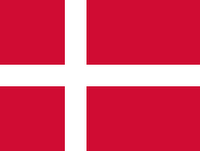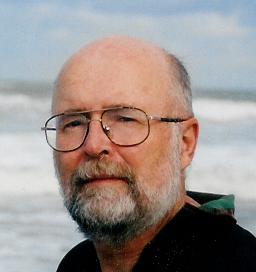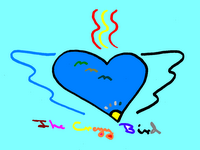
Sometimes I think that my poetry is as good as that of the unknown poet from the Third Galaxy whose work I often post here -- as a matter of fact, sometimes I suspect that I am the unknown poet from the Third Galaxy. Be that as it may, or may not as the case may be, it hasn't been May for some time now, in fact it's not even June! So I post this little thing that fell out of my sleeves some seven years ago just before mid-summer and Denmark's High Noon. What a lovely time that was! The dark shadows of Mr. Bush's administration had yet to appear on the horizon, two thousand five hundred young Americans thought they had a good chance to live long and useful lives and I could compose a lovely little poem like this about the Subtlety of Red Poppies...
“Your eye must be as simple as a child’s,”
The master said, so many years ago.
Just what he meant is sometimes seen in the smiles
Of those who let subtlety unfold...
Perhaps we are surprised when, suddenly,
Among the flowers-of-the-field, we find
Such a bright red, blooming flagrantly
Where none was there before – and in our mind
We find delight in such simplicity...
That life can dance in each and every season
With such a casual felicity!
We laugh to think we need to find a reason!
Red poppies mean: we’ll sing “Sankte Han’s” tune;
Midsummer reigns and it’s
__________________________________
“Sankt Hans Aften” (
There is a special song sung when they light the bonfires, “Sankte Hans”. So you see, the Danes sing a special tune when high Summer reigns – that it, often as not, also rains, is just nature’s pun, I guess.
There is a soft sweetness, tinged with a special sadness at this time of the year. The days are long and the nights are bright. But from now on the days get shorter, the nights longer and darker – until we get Yule and Christmas and the rebirth of light in the darkness and the promise of new hope.




No comments:
Post a Comment